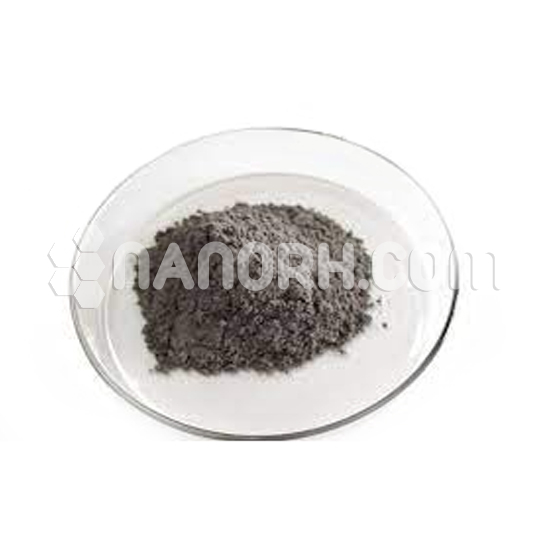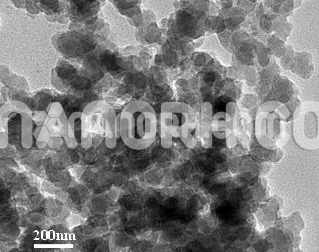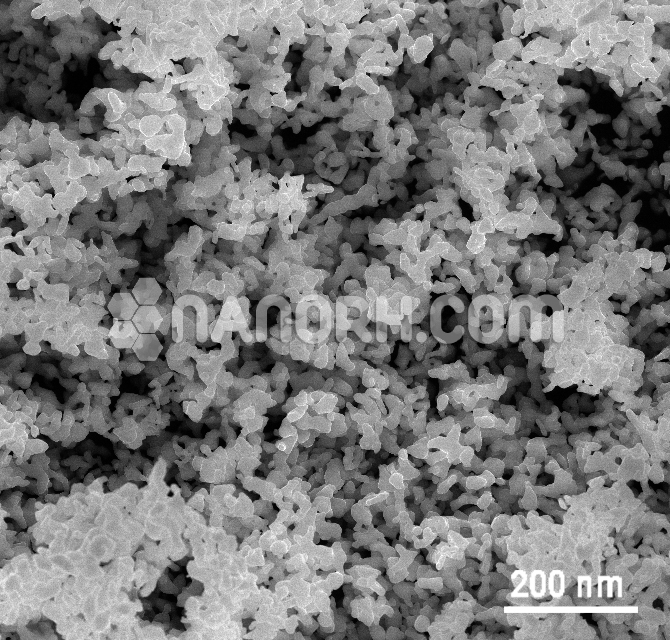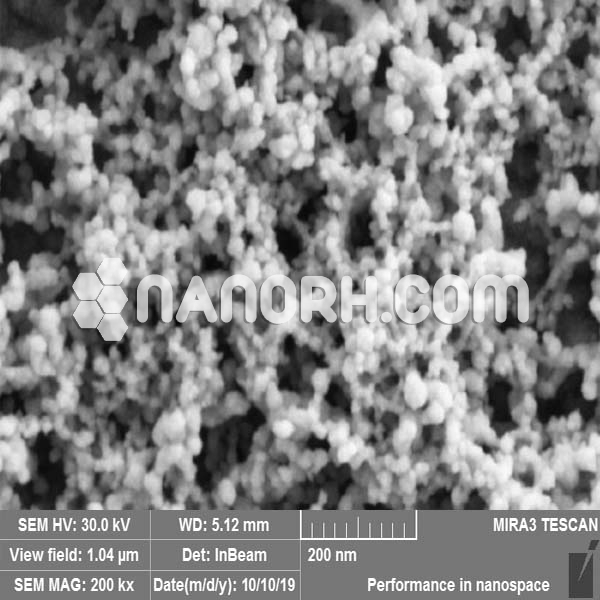| Titanium Niobium Carbide Alloy Nanoparticles | |
| Product Number | NRE-2055 |
| CAS No. | 7440-32-6 / 7440-03-1 |
| Formula | Ti-Nb |
| Molecular Weight | 140.733 / g/mol |
| APS | <100 nm (Can be Customized) |
| Purity | 99.9% |
| Colour | Gray |
| Density | 5.7 g/cm3 |
| Melting Point | 1900 °C |
| Boiling Point | Na |
Titanium Niobium Alloy Nanoparticles
Introduction
Titanium-Niobium (Ti-Nb) alloy nanoparticles are a type of advanced material formed by the combination of titanium (Ti) and niobium (Nb) in nanoparticle form. These alloys are known for their unique mechanical, chemical, and physical properties, which are amplified when they are reduced to the nanoscale.
Applications
Biomedical Applications:
Orthopedic Implants: Ti-Nb alloys are often used in orthopedic and dental implants due to their excellent biocompatibility, low toxicity, and resistance to corrosion. The nanoparticles offer improved osseointegration (bonding with bone tissue) and reduce the risk of implant failure.
Tissue Engineering: In tissue engineering, Ti-Nb nanoparticles are utilized to create scaffolds for cell growth and regeneration. Their unique mechanical properties help mimic the strength and flexibility of human tissues.
Drug Delivery Systems: Ti-Nb nanoparticles can serve as carriers for targeted drug delivery, especially in cancer therapies, due to their surface properties and ability to be functionalized for specific targeting.
Aerospace and Defense:
Lightweight Structural Materials: The strength-to-weight ratio of Ti-Nb alloys makes them ideal for aerospace applications, where reducing weight without compromising strength is crucial. These alloys are used in the manufacturing of high-performance aerospace components.
Armor Materials: Their ability to withstand high stress and impact makes Ti-Nb alloy nanoparticles suitable for the development of advanced armor materials for military applications.
Electronics and Energy:
Supercapacitors and Batteries: The electrical conductivity and high surface area of Ti-Nb nanoparticles make them valuable in energy storage applications, such as supercapacitors and batteries. They can be used to enhance the performance of energy storage devices by increasing charge capacity and stability.
Sensors: Due to their excellent conductivity and ability to detect changes in their environment, Ti-Nb nanoparticles are employed in various sensor applications, such as in sensors for detecting gases, humidity, or biological agents.
Catalysis and Environmental Applications:
Catalysis: Ti-Nb alloy nanoparticles can serve as efficient catalysts in various chemical reactions, including hydrogen production and environmental cleanup. Their catalytic properties help to enhance reaction rates and reduce energy consumption in industrial processes.




